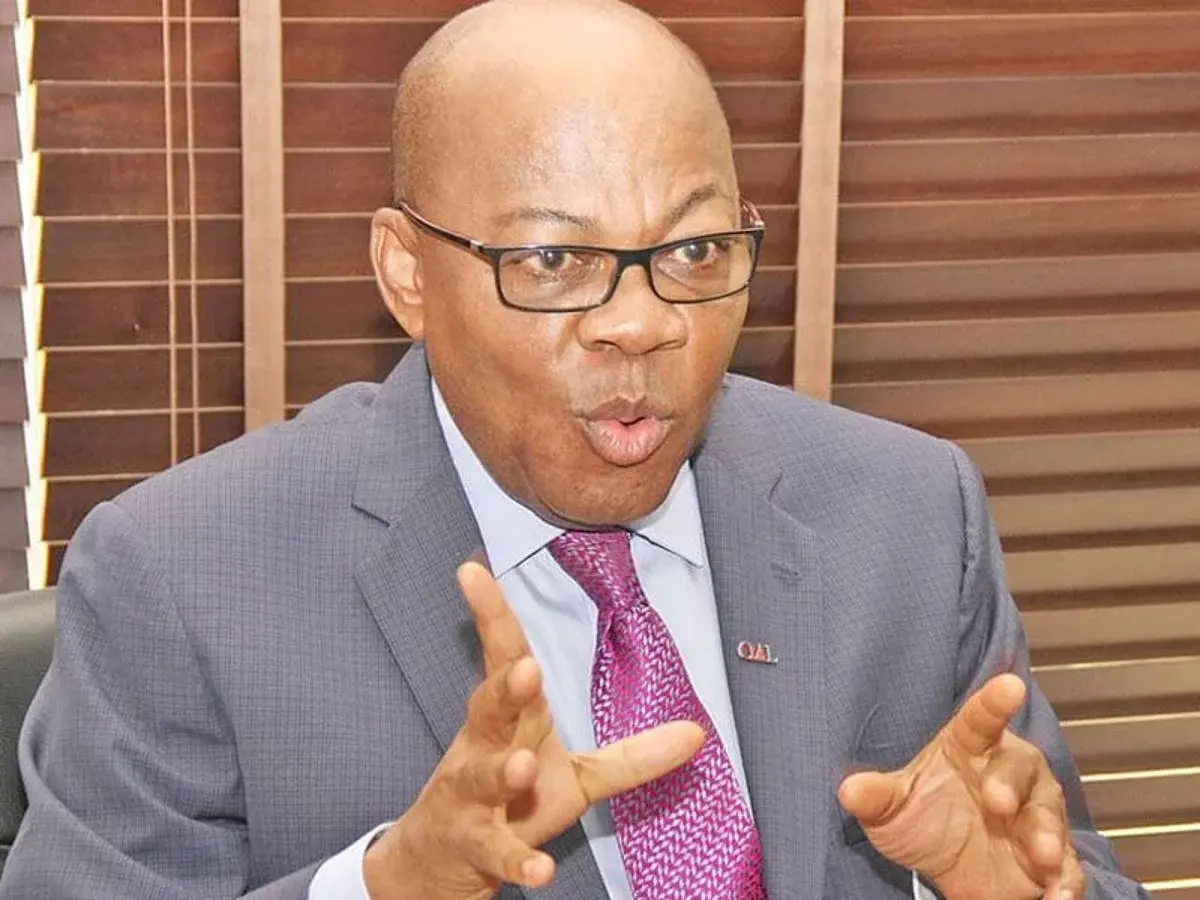Olisa Agbakoba, former President of the Nigerian Bar Association (NBA), has voiced serious concerns regarding the Nigerian government’s plan to install meters at flow stations across the country.
These flow stations, essential for measuring crude oil destined for export, have become the center of a contentious debate about transparency and national sovereignty in managing Nigeria’s oil resources.
Agbakoba expressed skepticism about the federal government’s initiative, suggesting it highlights deeper issues within Nigeria’s oil sector governance.
“The announcement by the FG that it will provide 186 meters at our flow stations is very curious and needs explanation from the Minister of Petroleum,” Agbakoba remarked
He underscored the importance of these meters in accurately measuring crude oil production, comparing their absence to buying petrol without a meter at a fuel station. “How do you determine how much has been sold to you?” he questioned.
Agbakoba pointed out that international oil companies (IOCs) currently manage and operate these flow stations and pipelines.
This arrangement, he argued, means that the accurate measurement of Nigeria’s crude oil output is largely dependent on these companies.
READ ALSO: Agbakoba critiques proposed windfall tax on Banks’ forex gains
“If the FG wants to place meters at these flow stations to know how much crude we produce for export, it follows that nobody, apart from the IOCs, can actually say what amount of crude oil we export on a daily basis,” he emphasized.
Nigeria has been struggling to meet its OPEC production quotas, with the pervasive issue of oil theft partly to blame. The country’s failure to meet its OPEC production targets has also been attributed to discrepancies in reported production figures.
Agbakoba’s comments highlight a growing sentiment that without reliable and independently verified metering systems, Nigeria’s ability to accurately track its oil production and revenue remains compromised.
Concluding his remarks, Agbakoba called on the Minister of Petroleum to clarify the government’s strategy and to protect Nigeria’s interests from what he perceives as undue influence from IOCs.
As Nigeria continues to grapple with the complexities of its oil industry, the installation of meters at flow stations emerges as a critical step towards enhancing transparency and accountability in managing one of the nation’s most vital resources.

 Entertainment6 days ago
Entertainment6 days ago
 Health1 week ago
Health1 week ago
 Health4 days ago
Health4 days ago
 Football1 week ago
Football1 week ago
 Football1 week ago
Football1 week ago
 Crime4 days ago
Crime4 days ago
 Education6 days ago
Education6 days ago
 Crime1 week ago
Crime1 week ago

